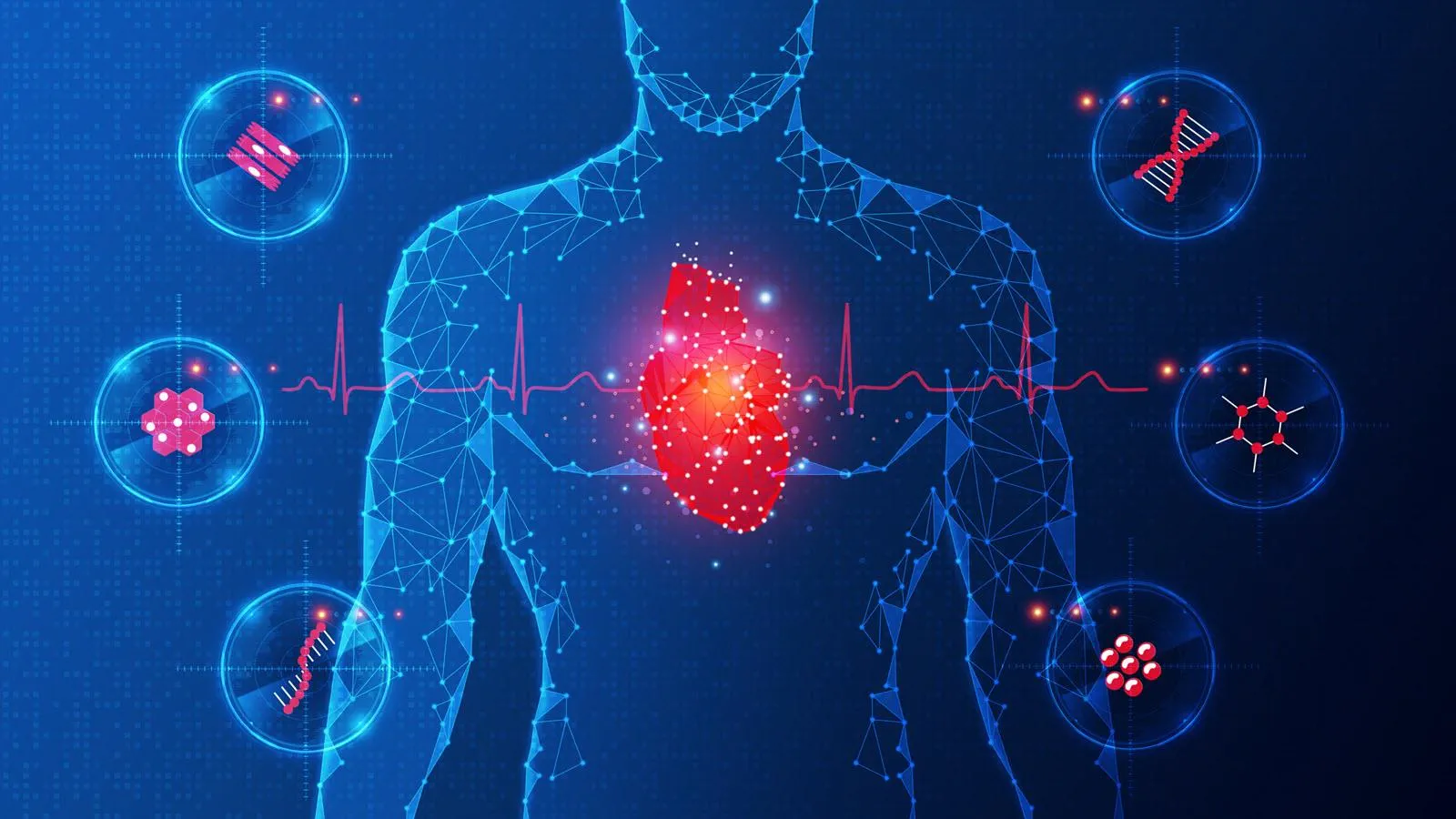The Biomarkers of Aging: Key Indicators to Monitor Your Health Span

One of my key roles is helping patients understand their health at a deeper level. An important part of this understanding comes from studying the biomarkers of aging. These biomarkers can give us insights into how quickly a body is aging, which systems may be at risk of dysfunction, and how to potentially slow the aging process.
What Are Biomarkers of Aging?
Biomarkers of aging are measurable indicators that can predict the rate at which your body is aging compared to your chronological age. They help reveal the effectiveness of your body’s maintenance and repair systems and can indicate early signs of disease and aging.
Key Biomarkers of Aging
- Telomere Length: Telomeres protect the ends of chromosomes and shorten with each cell division. Shorter telomeres are associated with a higher risk of age-related diseases and earlier mortality.
- Inflammatory Markers: Chronic inflammation is a significant driver of aging. Biomarkers such as C-reactive protein (CRP) and interleukins can indicate levels of inflammation and help guide interventions.
- Blood Sugar Levels: Elevated glucose and insulin resistance are common as we age and can lead to type 2 diabetes and other metabolic diseases. Regular monitoring can help manage these levels and reduce disease risk.
- Lipid Profile: This includes cholesterol levels and triglycerides. Imbalances in these can indicate cardiovascular risk and guide dietary and lifestyle adjustments.
- Protein Glycation: Glycated hemoglobin (HbA1c) provides insight into long-term glucose levels, offering a picture of overall metabolic health and aging.
- Hormone Levels: Hormones like estrogen, testosterone, and cortisol change with age and impact various health aspects, including mood, energy levels, and body composition.
- Oxidative Stress Markers: Markers like malondialdehyde (MDA) and F2-isoprostanes indicate oxidative stress levels, which contribute to aging and chronic diseases.
How to Influence Your Biomarkers
Understanding your biomarkers is the first step. The next is taking action through:
- Nutrition: Eating a balanced diet rich in antioxidants can help combat oxidative stress and inflammation.
- Exercise: Regular physical activity can improve lipid profiles, reduce inflammation, and stabilize blood sugar levels.
- Stress Management: Techniques like meditation, yoga, and adequate sleep can lower cortisol and inflammatory markers.
- Regular Testing: Monitoring these biomarkers can help catch potential issues early, allowing for timely interventions.
Monitoring the biomarkers of aging is a powerful tool in functional medicine, offering a proactive approach to extending your health span. By understanding and influencing these biomarkers, you can potentially slow aging and enhance your quality of life. Remember, aging is inevitable, but how you age is largely within your control.

